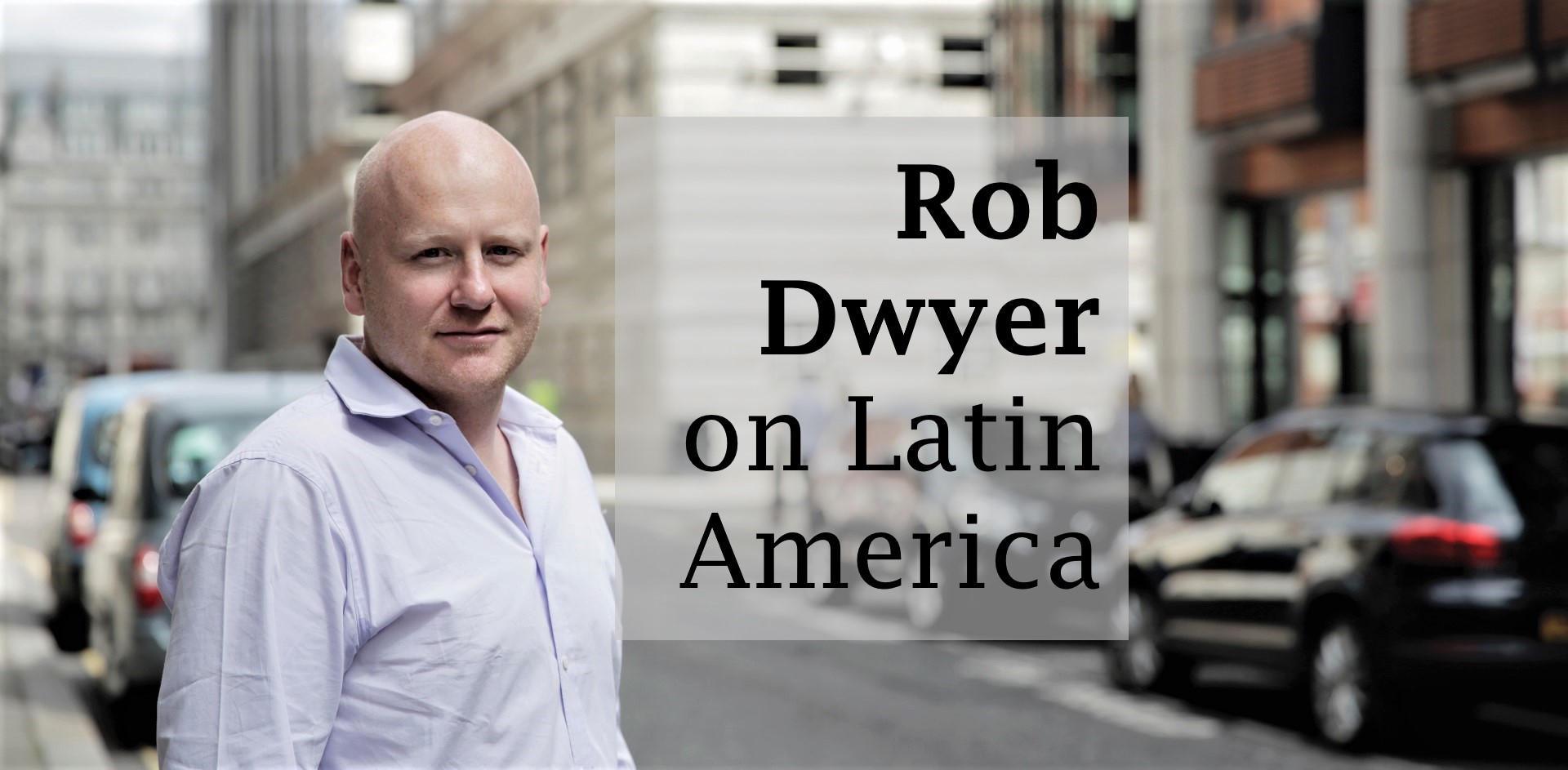
When the IMF gathers in Marrakesh this week, there will be quite a few countries vying to top the meeting’s agenda: Sri Lanka needs urgent attention; and the scale of the challenge in Ukraine is daunting; as well as a raft of bubbling challenges in Africa.
However, the evergreen crisis festering in Argentina remains its biggest challenge. Because, to rework an old adage, if a country owes the IMF $3.6 billion, it’s their problem, but if a country owes the IMF $36 billion, it is the IMF’s problem.
In August, the IMF approved the disbursement of another $7.5 billion of the $44 billion programme to Argentina. With an insolvent central bank and a moribund economy, the alternative was to allow a full-blown economic crisis just months before a presidential election. The IMF had no choice but to keep the money coming – it managed to tie a devaluation to the disbursement, but realized that attaching strings to fiscal consolidation was pointless.
Next year will be a huge year for Argentina and the IMF. A new government looks inevitable. The financial maturities Argentina faces in 2024 are light – before ramping up steeply in 2025. The next administration will have a rare and short window of opportunity to reset the country.
Shortly before Mauricio Macri won in 2015, an investment banker told me that he could easily put together a business plan to make Argentina investment grade within a decade.
Strengths
Most of the positive elements of that plan still stand: Argentina is blessed with wonderful natural resources and could – should – be a huge exporter of agricultural commodities, energy, as well as new sectors, such as lithium. It has a young, educated population that has embraced technology – many of the region’s unicorns were founded by Argentinians, if not located in the country. The country outperforms in more traditional manufacturing: when Ford left Brazil, it maintained operations in Argentina. The decision to remain, despite all the problems of operating in Argentina, spoke to the country’s strengths.
The inheritance will be a problem. The next president will have many of Macri’s problems: high inflation; low growth; high fiscal deficits: an overly regulated economy and financial system – principally those FX controls; political fragmentation; and an insolvent central bank. And now $36 billion of debt to the IMF – a problem Macri created.
But, for once, will politics be a tailwind rather than a headwind?
Remove financial controls, free up the economy and let loose the animal spirits – and Argentina has a chance
This bull case rests on a single assumption: economy minister Sergio Massa doesn’t win the presidency, and thankfully that looks unlikely. It is also boosted by the belief that Javier Milei won’t win either. Despite all the international press articles with headlines such as ‘Meet Argentina’s likely next president’, there isn’t widespread belief within the country that Milei is the frontrunner. While he far exceeded expectations in the PASO – essentially a nationwide opinion poll – by getting the most votes, 29.9% (turnout was low, at 69%), many expect him to have a low ceiling.
To date, Milei has attracted votes with his economic critique – he calls for full dollarization – and this message has resounded with voters who see a clear need for economic change. However, as we get closer to the elections, it is likely his dollarization prescription will become less attractive under scrutiny. More importantly, when voters get a sense of his other policies – for example, the deregulation of guns, repeal of abortion and gay-right legislation – many of the protest votes he is picking up on the left will go to Patricia Bullrich, who is the likely next president.
If Bullrich gets into the run-off election, she wins. The only risk to her victory is being squeezed out by Massa and Milei in the first round, but that’s unlikely.

Rare opportunity
And this is where it gets interesting. Bullrich will have a rare opportunity. She will have a popular mandate for radical economic reform – the population sees more clearly than it did when Macri won that there is the need for fundamental reform. That starts with fiscal: if Bullrich is willing to spend her political capital on slashing subsidies – and learns from the failure of Macri’s policy of gradualism and moves fast while she has that support – Bullrich has the opportunity to address the problem that causes all others.
Bullrich will also likely have a favourable harvest to boost dollar revenues and ease pressure on the central bank. Moving quickly on the FX – ideally floating it and providing confidence to both exporters and investors looking at Argentina that the peso is a one-way trade – will solve another perennial weakness. With fiscal and monetary then working in tandem – and the IMF providing tactical support to a plan it couldn’t have dreamed would be implemented in recent years – inflation and growth would begin to move in the right direction.
Remove financial controls, free up the economy and let loose the animal spirits – and Argentina has a chance.
Admittedly, it’s a slim chance, especially as such chances have been repeatedly spurned by Argentine politicians before – as the IMF knows only too well.
However, even a glimmer of a chance that there could be a viable end-goal to its programme in Argentina will create excitement. Could the next reprofiling of Argentina’s IMF debt – which will be needed, given that hard-currency debt levels will jump on peso devaluation – possibly be the last?
The prospect of Argentina not automatically topping the agenda at the IMF’s annual meeting in 2024 will surely focus minds in Marrakesh this week.




